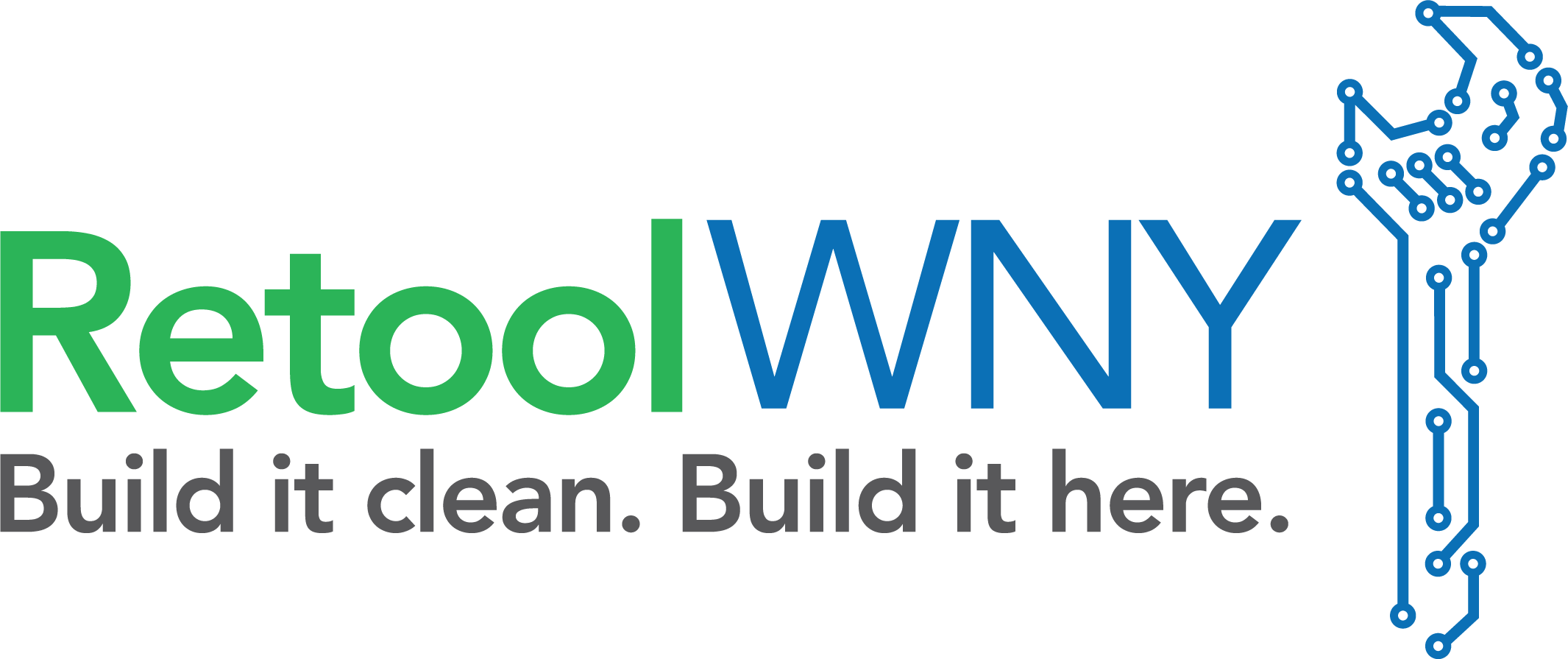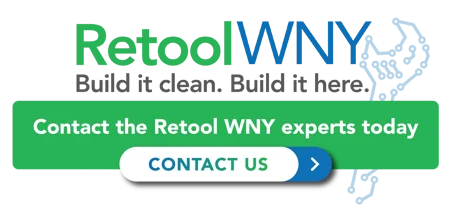Energy Efficiency in Manufacturing: Assistance Available

Governments, businesses, and individuals around the world are making significant strides towards sustainability and reduced carbon emissions to combat climate change. In the United States the Biden administration has made addressing climate change a top priority, implementing policies and initiatives aimed at transitioning to clean energy sources, promoting electric vehicle adoption, and incentivizing sustainable practices across various industries.
The Inflation Reduction Act (IRA), passed in 2022, includes substantial investments in renewable energy, energy efficiency, and climate-friendly technologies, positioning the nation as a leader in the global fight against climate change.
Globally, the collective efforts of nations and international organizations have gained momentum in recent years. The Paris Agreement, ratified by nearly 200 countries, has set ambitious targets for reducing greenhouse gas emissions and limiting global temperature rise.
Many countries have unveiled comprehensive strategies and action plans to phase out fossil fuels, promote renewable energy sources, and protect natural ecosystems. Furthermore, corporations and individuals are increasingly embracing sustainable practices, such as energy-efficient buildings, eco-friendly transportation, and responsible consumption habits. While challenges remain, the collective resolve to build a more sustainable future has never been stronger, reflecting the urgent need to safeguard our planet for future generations.
Energy Efficient Facilities: How to Get There
With the focus on sustainability, funding is available for the industrial sector, intended to assist in improving energy efficiency and working to cut energy costs.
The New York State Energy Research & Development Authority (NYSERDA) has received federal funding to bolster its Flex-Tech Program for manufacturers, including those in municipal utility territories. This program is an important first step for industrial customers looking to develop a comprehensive energy plan for facilities.
For manufacturers located in disadvantaged communities or for those willing to look at electrification for clean heating, NYSERDA will pay 75% of the total grant cost. The customer is assessed only 25% of the total cost. In the Jamestown BPU territory, there is an opportunity for cost-sharing of that 25% with the municipal utility. https://www.nyserda.ny.gov/All-Programs/FlexTech-Program.
The Flex-Tech study can provide energy master planning, industrial and process efficiency, clean heating and cooling, and carbon mitigation studies. These are important first steps for companies looking for ways to decarbonize production processes and to prepare to implement state and federal regulations related to climate protection.
Manufacturers can select from a number of NYSERDA-approved engineering firms to do the Flex-Tech study, or they can select a firm of their choosing. Once a scope of work and formal application are approved by NYSERDA, the study can be completed.
As a result of the Flex-Tech studies, some manufacturers are taking the second step to find funding for energy-related projects through the federal Office of Manufacturing and Energy Supply Chains (MESC).
Manufacturers can get up to $300,000 in assistance from Industrial Assessment Centers (IAC) Implementation Grants. The program provides grants to small and medium-sized manufacturers to support projects that:
- Improve energy and material efficiency
- Increase productivity
- Reduce emissions at SMMs
Manufacturers must meet the following criteria (all 3 points) for “small and medium manufacturers” to qualify for this funding round:
- Gross annual sales of less than $100 million;
- Fewer than 500 of employees at the assessed plant site;
- Annual energy bills between $100,000 and $3.5 million (each in the most recently completed fiscal year OR the year in which the assessment was completed, if different).
Want to hear more?
For further information about this grant, get your ticket to Retool ‘24 on June 11, 2024.
To qualify, businesses must also have undergone IAC and Combined Heat and Power Technical Assistance Partnership (CHP TAP) assessments since 2018 or an equivalent assessment since 2021. Flex-Tech Studies are considered an equivalent assessment tool.
Applications are accepted year-round, with reviews occurring quarterly. Companies can apply by visiting: www.energywerx.org/opportuniFes/iac-round-2
Check out the Commercial Property Assessed Clean Energy (PACE) Toolkit
The U.S. Department of Energy created this toolkit with the goal of providing resources to navigate state level funding. The project was based on a three-year partnership (C-PACE) that spanned 37 states and Washington, D.C. This toolkit also offers:
·Facts about PACE at the state and local level
·Webinars to expand your knowledge of potential funding opportunities
·Local government’s roles and risks related to PACE
·An Energy and Building Market Assessment Tool
·Information on underserved markets



%20(3).png?height=200&name=Retool_PPC_Resized_1-05_(4)%20(3).png)

Blog comments